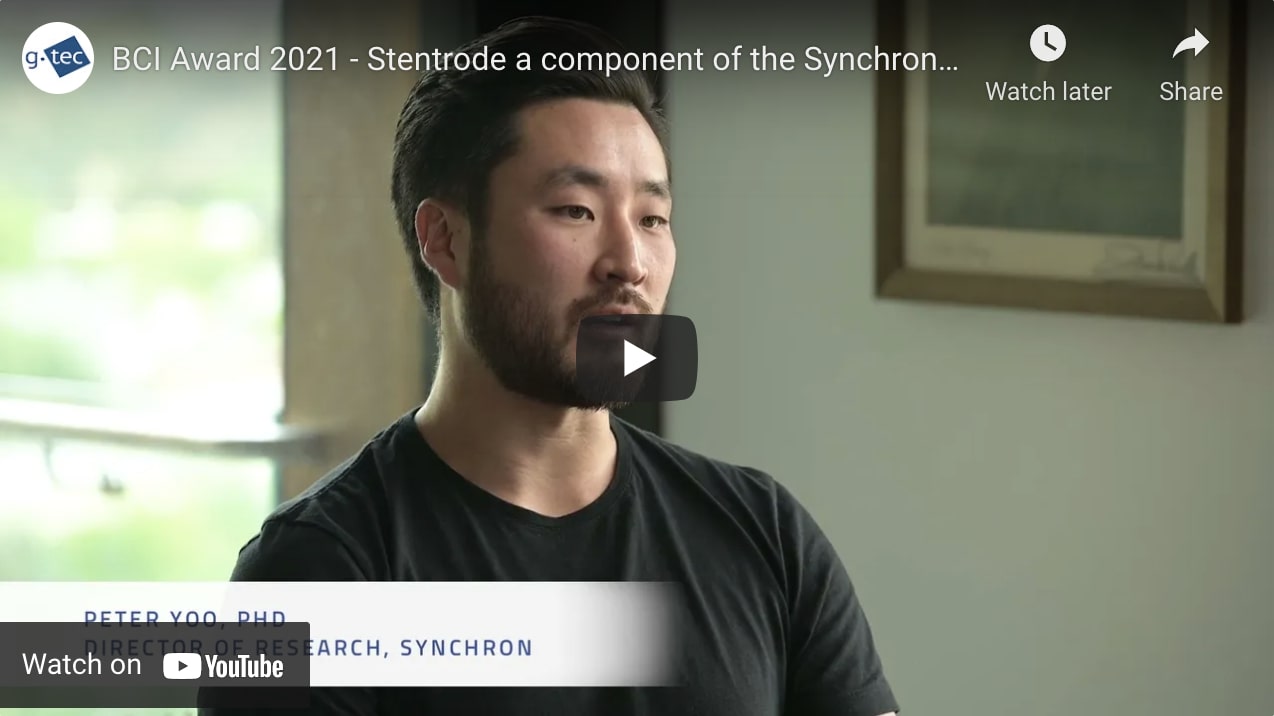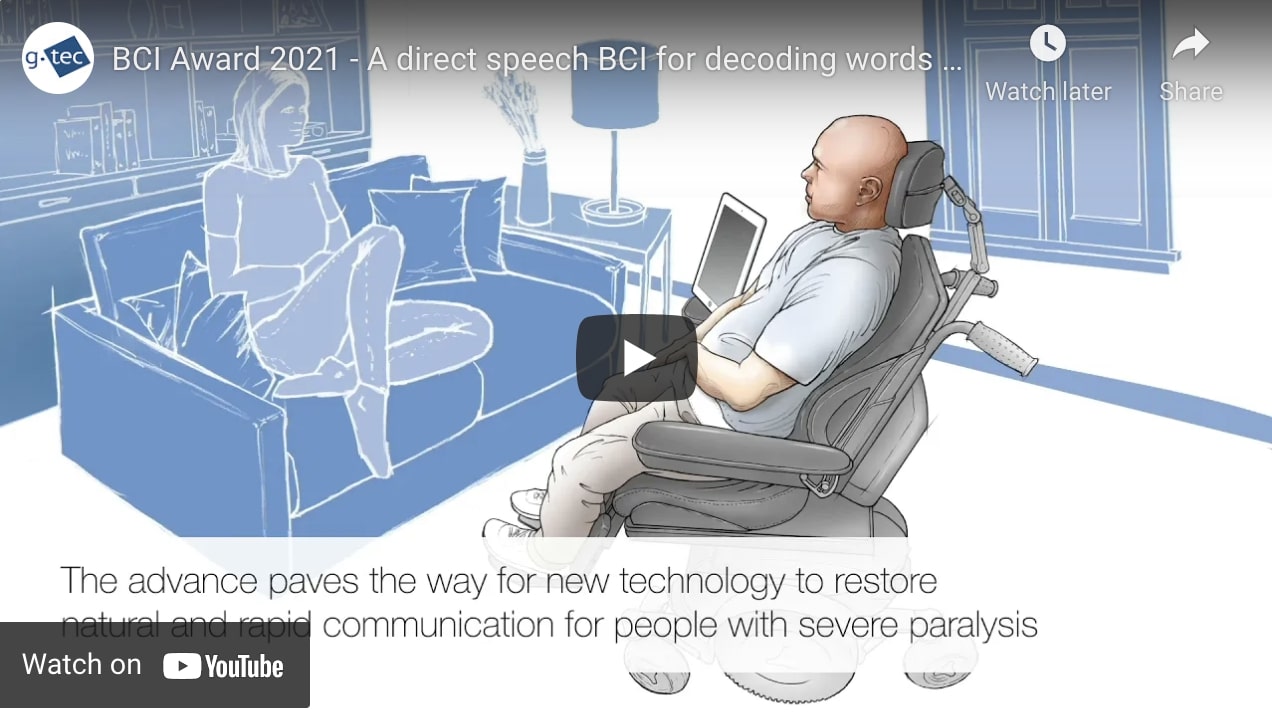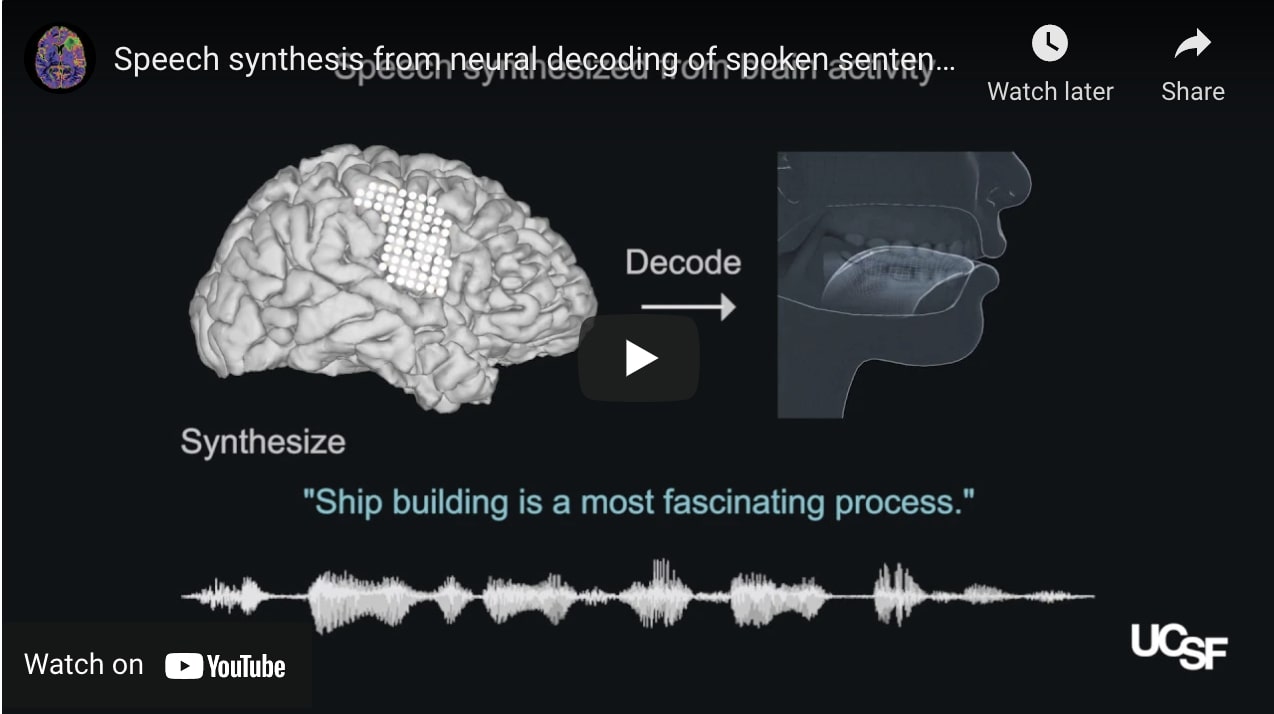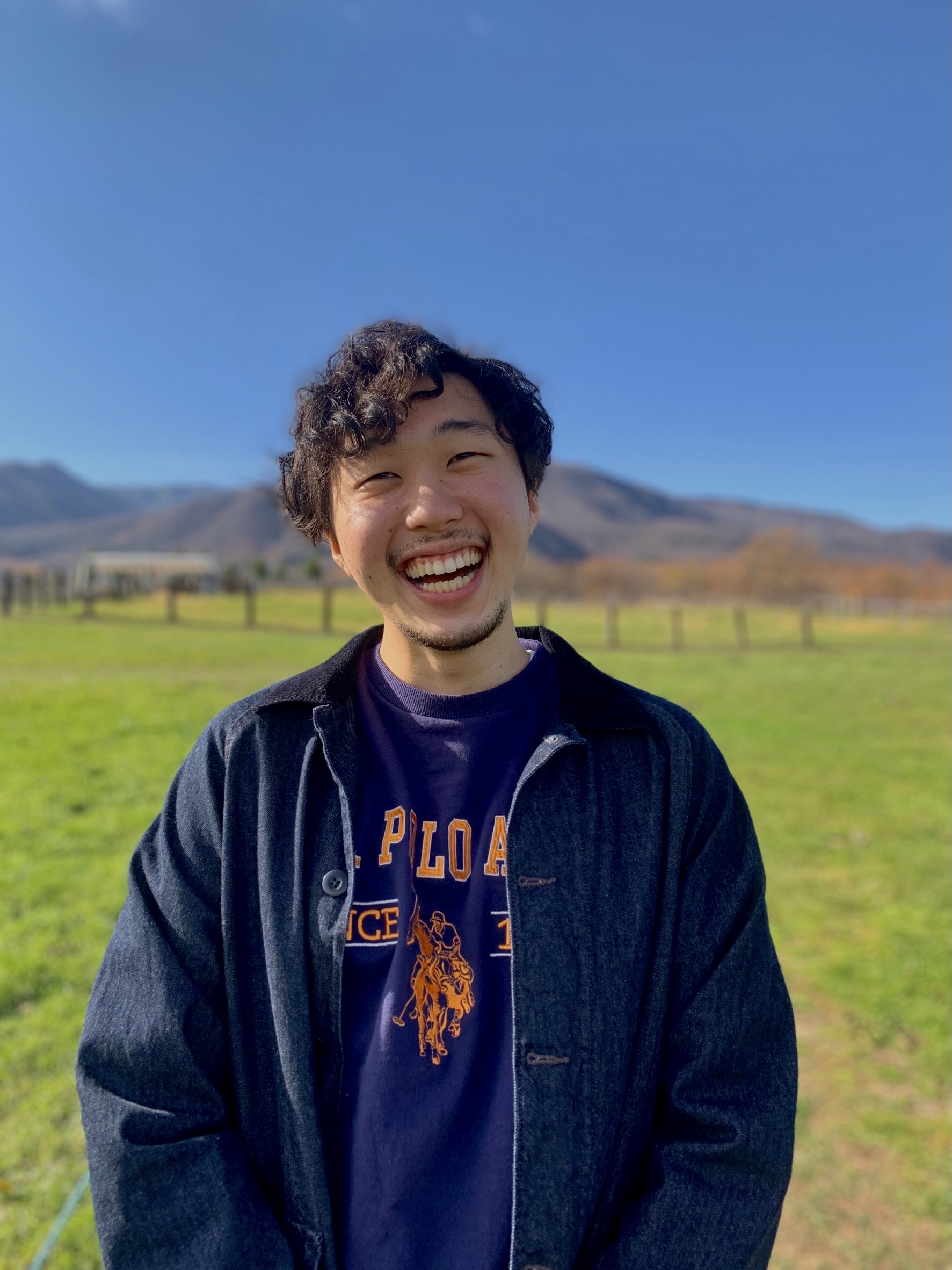
NeurotechJP has covered various applications of Neurotechnology in industry, such as articles on startups active in Neurotech industry and industry analysis reports.
However, the root of these businesses depend on cutting-edge research and development of BCIs and Neurotech.
The BCI Award is an annual competition that recognizes the most innovative BCI (Brain-Computer Interface) research across the world, and the Top 3 research projects are selected from 12 nominated projects.
The winners of the BCI Award 2021 were announced in mid-October to recognize innovative BCI research. This article explains the research behind the Top 2 Projects of 2021.
What is the BCI Award
The BCI Award is an international competition held annually, now in its 12th year. The range of sponsors span wide, including g.tec, which has been providing BCIs for several decades, Neurotech's research publication journal IEEE Brain, Neurotech's largest community NeurotechX, and Riken's AIP (Advanced Intelligence Project).
12 nominated research projects are ranked by a panel of seven judges, including university professors and the previous year's winners, and the first place team receives $3000.
1st place: "Stentrode", a component of the Synchron brain-computer interface
This year's first-place winner is the research team at Synchron. As mentioned in 5 featured startups in Invasive BCI, Synchron is an invasive BCI company that is attracting attention as a competitor to Neuralink.
Synchron's core technology, Stentrode, is a fully implantable medical device for paraplegics that can transmit brain signals from inside blood vessels.
Noteworthy is that on top of its minimally invasive design, the device can capture brain activity from multiple sensors
Implanting Synchron's Stentrode requires a two hour surgery, but since the device is inserted through a blood vessel in the neck and travels within the blood vessel to the location of the brain, no brain surgery is required. The minimally invasive nature of the surgery gives patients peace of mind and enables the company to provide the device to a larger number of people. In July of this year, the company received FDA approval for Stentrode's use in clinical trials, making it the first company to offer invasive BCIs in humans.
Stentrode is also designed to capture brain activity related to the patient's intended movement, and the device's numerous sensors can record activity at multiple locations in the brain.
By attaching a special transmitter to the chest, the brain activity data acquired from the Stentrode is transmitted to a computer and connected to a dedicated software platform. With repeated training, the user learns to type messages with just a thought and perform daily tasks such as shopping and internet shopping without inconvenience.
 Video: Introduction to Synchron's award-winning research
Video: Introduction to Synchron's award-winning research
2nd place: A direct-speech BCI for decoding words and sentences in a person with severe paralysis anarthria
The Chang Lab led by Edward Chang, a professor of neurosurgery at UCSF, won second place in this year's competition.
Electrodes were implanted in the area of the brain that controls the vocal tract, and subjects (with paralysis) were asked to attempt to speak their answers to questions shown on a monitor. The brain activity was simultaneously acquired and combining multiple algorithms such as speech detection, word classification, and language modeling, in addition to signal processing algorithms, the researchers were able to train an algorithm capable of directly translating brain activity into words and sentences in real-time.
An important advancement is the fact that Chang Lab's BCI is possible to decode not only words but also sentences from brain activity while attempting to speak.
Communication decoder BCI research is often divided into two distinct types: those that decode words and sentences that use brain activity during actual speech and those that use brain activity from subjects with speech-impairment disabilities while attempting to speak.
Their current research is part of the latter, and they are the first in the world to succeed in "decoding sentences" with high accuracy, which has been considered difficult in the past.
Their algorithm is trained to distinguish 50 words and is capable of producing more than 1000 sentences.
They were also able to decode 15 words per minute with a median accuracy of 74%.
 Video: Introduction to Chang-Lab's award-winning research
Video: Introduction to Chang-Lab's award-winning research
The lab is also studying patterns of decoding words and sentences from brain activity during actual speech and patterns of speech synthesis from neural decoding.
Not only did the lab win the BCI Award but also collaborated with Facebook (now Meta) on research.
 Video: Introduction to Chang-Lab's another research
Video: Introduction to Chang-Lab's another research
Conclusion
Both teams developed invasive BCIs and delivered highly innovative advances in the technology of decoding thoughts from brain activity. This type of research will continue to develop rapidly in the coming years, helping those with speech-impairments regain the ability to communicate through thoughts.
The third-place team, whose paper is unfortunately not available to the public as of writing this article, developed a non-invasive BCI that classifies finger movements based on high-density EEG (electroencephalogram).
A huge congrats to Synchron, Chang Lab, and all other BCI Award nominees for their achievements in BCI research this year! NeurotechJP will continue to cover the latest advancements in BCI research, so keep an eye out!

